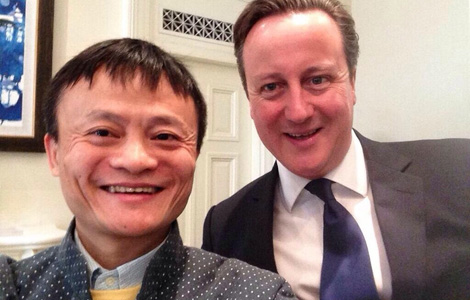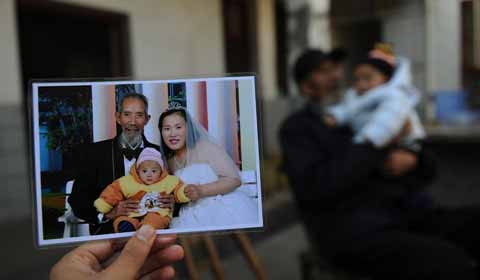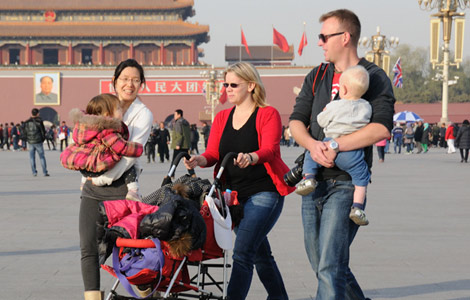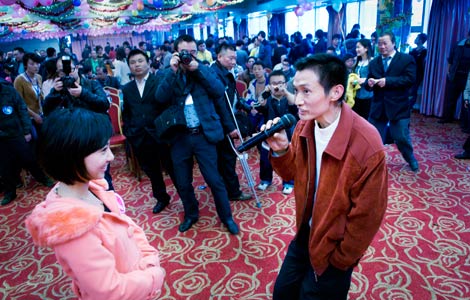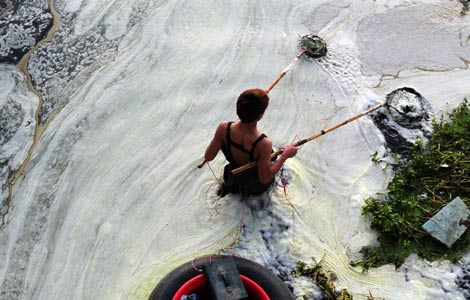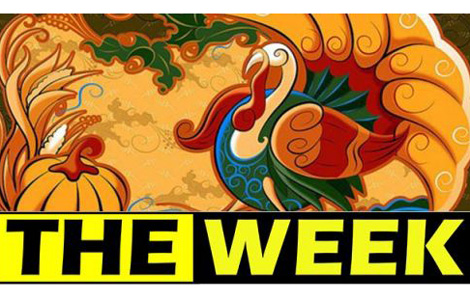China challenges US on anti-dumping cases
Updated: 2013-12-03 19:31
By LI JIABAO (chinadaily.com.cn)
|
||||||||
China on Tuesday requested a consultation with the United States at the World Trade Organization regarding alleged misconduct by the US in 13 anti-dumping measures in recent years, Chinese commerce officials said.
The consultation request, the first WTO dispute case between the world’s top two economies this year, suggests China has advanced in its approach in challenging US trade mechanisms and is guarding the world’s largest exporter against frequent trade remedy measures, analysts said.
“The US Commerce Department has obviously conducted itself incorrectly. In its anti-dumping measures, its actions were inconsistent with the WTO rules, which caused big problems for Chinese enterprises and disrupted normal bilateral trade,” Yang Guohua, deputy director of the department of treaty and law at the Ministry of Commerce, told reporters in Beijing.
A total of 13 Chinese products, including oil well pipes, solar cells and warm-water shrimps, were caught up in the dispute. In total, China’s annual export value of these products to the US market reached $8.4 billion, based on calculations of the export value of these products a year prior to the final rulings of the anti-dumping measures, according to the ministry.
Yang said that the US “did not meet the WTO requirements and make sufficient explanations” when putting Chinese enterprises under “targeted dumping”, a WTO rule exception stating that Chinese exporters overall did not sell products to the US market at less than the normal value in China, but instead is dumping its products in a specific region, period or with specific purchasers.
In addition, the US Commerce Department applied the practice of “zeroing”, prohibited by the WTO rules, in determining the dumping margins, which “turned negative dumping margins into positive ones or artificially inflated the dumping margins”. The US Commerce Department was also criticized for refusing to give separate rates to Chinese enterprises in the anti-dumping cases, according to Yang.
“We are challenging the mistakes in the US trade mechanism and aim to root out US misconduct from now on,” said Chen Yusong, a director of the department.
“We are very confident in winning WTO support in the dispute because the US actions obviously run against the WTO rules,” Yang said.
Since joining the WTO in 2001, China had launched a total of 12 complaints under the WTO’s Dispute Settlement Body by December and won the body’s support in all but one case, according to Yang. The country was a respondent in 19 disputes under the body with major challenges coming from the US, the European Union, Japan and Mexico, Yang said.
“The US was often found to act in a manner inconsistent with the WTO rules. The Chinese Commerce Ministry concluded the US employed technical misconduct by putting the 13 cases in a package and requesting a consultation with the DSB (the WTO’s Dispute Settlement Body),” said Sun Zhenyu, the chairman of China Society for World Trade Organization Studies.
“China has gained much experience in resolving trade disputes over the past decades. It’s now reached a higher level and is challenging the faults in the trade mechanisms of its trade partners,” Sun said.
- US sets final anti-dumping duty on silica bricks, shapes from China
- US extends anti-dumping duties on China steel pipes
- China imposes anti-dumping duties on US solar products
- US to levy anti-dumping duty on xanthan gum from China
- US extends anti-dumping duty on China's sodium hexametaphosphate
- US keeps anti-dumping duties on China's steel concrete reinforcing bars
Most Viewed
Editor's Picks

|

|

|

|

|

|
Today's Top News
Chinese realtor endows Harvard
Subway project disrupts Chinatown
Air identification zone 'beneficial to safety'
Peacekeepers depart for Mali
New urbanization plan on the way
Yuan overtaking euro in trade
US challenged on anti-dumping cases
China's economy to grow 7.5%
US Weekly

|

|
